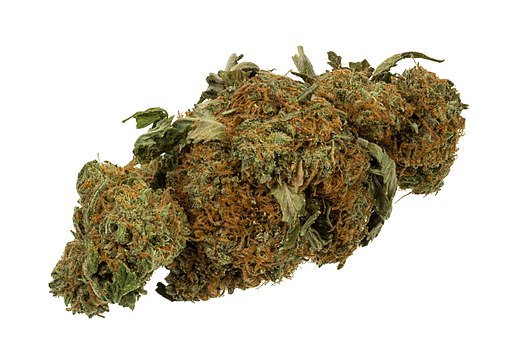Search
NJ is now THIS CLOSE to legalizing recreational marijuana. Here’s what that means for employers.

Evan-Amos [Public domain], via Wikimedia Commons
Governor Phil Murphy (D) announced that he had struck a deal with the leadership of both the state Senate and Assembly on to legalize recreational marijuana. From the press release, here are the broad details of the plan:
Under the terms of the agreement, adult-use marijuana will be subject to an excise tax of $42 per ounce, which will be imposed when marijuana is cultivated. In addition, municipalities that are home to a cultivator or manufacturer will receive the revenue from a 2% tax on the product within their jurisdiction. Municipalities that are home to a wholesaler will receive the revenue from a 1% tax on the product within their jurisdiction, while municipalities that are home to a retailer will receive the revenue from a 3% tax on the product within their jurisdiction.
Adult-use marijuana will be governed by a Cannabis Regulatory Commission, composed of five members. Three members will be appointed by the Governor, with the Governor’s initial appointments to serve terms of at least four years and not be subject to Senate confirmation. Two other members will be appointed by the Governor, upon the recommendations of the Speaker and Senate President. The Commission will promulgate all regulations to govern the industry and will oversee the applications for licensing of adult-use marijuana dispensaries.
Provisions in the bill establish an expedited expungement process for individuals convicted of low-level marijuana offenses, and a virtual expungement process that will automatically prevent certain marijuana offenses from being taken into account in certain areas such as education, housing, and occupational licensing. Additionally, there are a number of provisions that aim to ensure broad-based participation in the industry for Minority and Women-Owned Business Enterprises (M/WBEs), low- and middle-income individuals, and disadvantaged communities across the state.
The proposed legislation will follow in the coming days.
So, what does this mean for employers?
I suppose we have to see what the legislation says.
“Oh, come on, Eric! Use your crystal ball.”
Fine. Here are my predictions:
- Legalized recreational marijuana will not impact an employer’s ability to maintain a drug-free workplace. Indeed, one court has already ruled that a local employer need not accommodate an employee’s use of medical marijuana.
- Off-duty conduct laws will not expand to cover the use of recreational marijuana. Currently, an employer may discipline an employee who engages in legal behavior off the clock, except in situations involving an employee who smokes or uses other tobacco products. But even then, the employer may act where it “has a rational basis for doing so which is reasonably related to the employment, including the responsibilities of the employee or prospective employee.” Notwithstanding, marijuana remains illegal under federal law. The Colorado Supreme Court ruled that an employer can fire an employee who uses recreational marijuana, even though it’s legal under state law.
- In situations where the law does not require employee drug testing (think: federal contractors and other regulated industries), fewer employers will drug test as a condition of hire. Why? Because otherwise, employers are going to miss out on a lot of otherwise qualified candidates.
I’d like to hear from you.
If/when you operate in a state with legalized recreational marijuana, will you drug test as a condition of employment?
Email me and let me know yes/no and why.
 The Employer Handbook Blog
The Employer Handbook Blog


